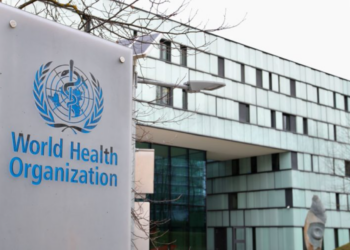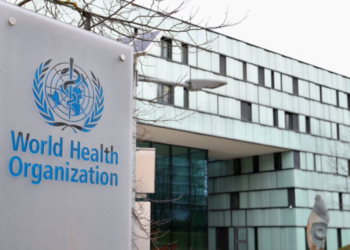The World Bank has halted funding for a tourism project in Tanzania following allegations of severe harm inflicted on tens of thousands of villagers, as reported by a U.S.-based rights group advocating for action against the project.
The decision to suspend the $150 million project, which aims to enhance natural resource management and tourism assets in a remote region of southern Tanzania, was described as “long overdue” by the Oakland Institute, Associated Press News first reported.
The suspension took effect on April 18, with at least $100 million already disbursed since the project commenced in 2017.
Recommended reading: World Bank Group to provide health services to 1.5 billion prople by 2030
What you should know
The Oakland Institute has been a vocal critic of the project, known as REGROW, citing documented rights abuses suffered by Indigenous communities in the area. The group’s report in November 2023 had accused the World Bank of failing to address issues such as extrajudicial killings and sexual assaults associated with the expansion of Ruaha National Park, a key component of the REGROW project.
According to recent correspondence between the World Bank and the Oakland Institute, seen by The Associated Press(AP), the lender confirmed the suspension of further disbursements to REGROW “until we are confident that the project is upholding our environmental and social standards.”
Anuradha Mittal, Executive Director of the Oakland Institute, hailed the World Bank’s decision as a victory for marginalized communities in Tanzania, emphasizing that it sends a clear message to the Tanzanian government about the consequences of rights abuses.
More insight
The Oakland Institute’s investigation uncovered disturbing incidents, including disappearances, extrajudicial killings allegedly carried out by park rangers. There were also sexual assaults against women revealed in the report.
Additionally, government agencies were accused of seizing and auctioning off large numbers of cattle, placing financial pressure on herders to vacate the area.
Tanzania’s heavy reliance on tourism for budgetary support has led to extensive efforts to develop national parks, but these initiatives have often come at the expense of local communities. Amnesty International and others have highlighted cases of violent evictions, such as the displacement of 70,000 Maasai from grazing lands in the Loliondo area to make way for trophy hunting.
Efforts to enhance tourism have thus sparked controversy and raised concerns about civilian abuses, prompting scrutiny of local authorities’ actions. The World Bank’s suspension of funding for the REGROW project shows the need for greater accountability and respect for human rights in Tanzania’s development initiatives.
























